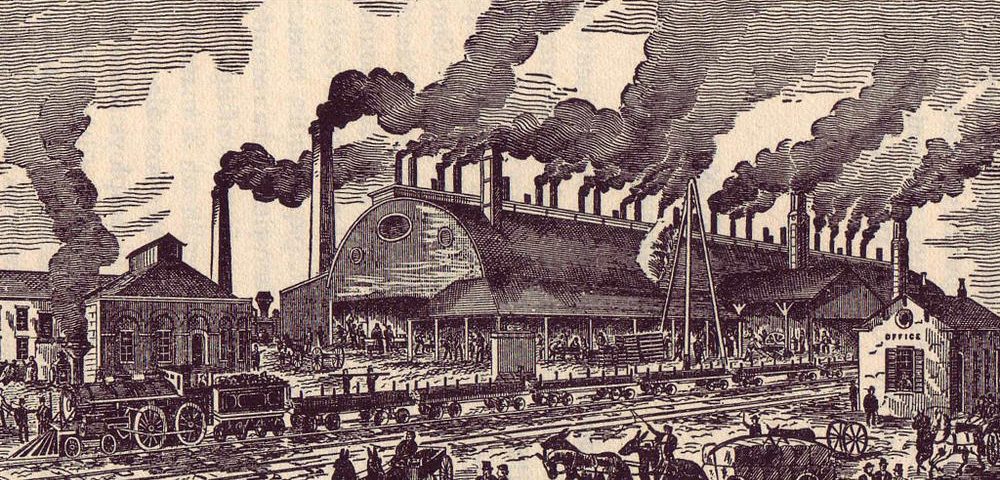6.4 The New South
Introduction
The concept of the “New South” represents a significant phase in the history of the Southern United States following the Civil War and Reconstruction. This era was marked by attempts to reshape the Southern economy and society in response to the end of slavery and the devastation caused by the war.
Rebuilding the South
Post-Civil War, the South faced immense challenges:
- Destruction of Infrastructure: Extensive damage to railroads, farms, and cities during the war.
- Economic Downturn: The end of slavery meant the loss of the cheap labor force that had underpinned the Southern economy.
- Cultural Shifts: The ‘Old South’ values associated with slavery and plantations were challenged by new ideologies.
Economic Transformation
The transformation of the Southern economy involved several key elements:
- Industrialization: Influenced by leaders like Henry Grady, the South began to develop industries, particularly in textiles and ironworks.
- Railroads: Expansion of rail networks facilitated trade and opened markets, helping to integrate the Southern economy with the rest of the country.
- Agriculture: Despite industrial advances, agriculture remained predominant, with systems like sharecropping and tenant farming replacing slavery but continuing to impose severe economic restrictions on African Americans.
Social Dynamics After Slavery
The social landscape of the South was dramatically altered:
- Sharecropping: This system involved landowners providing land and supplies to farmers (often freed slaves) in exchange for a share of the crop. This often trapped farmers in a cycle of debt.
- Tenant Farming: Unlike sharecroppers, tenant farmers rented the land and had more control over their crops, but economic mobility was still limited.
- Racial Segregation: Post-Reconstruction, the rise of Jim Crow laws institutionalized racial segregation and disenfranchisement.
Supreme Court Decisions
Significant court rulings during this period include:
- Civil Rights Cases (1883): Limited the reach of the 14th Amendment, stating that private sector discrimination could not be legislated against at the federal level.
- Plessy v. Ferguson (1896): Established the doctrine of “separate but equal,” which legalized racial segregation.
Voter Suppression and Civil Rights Movements
Efforts to suppress the African American vote included:
- Literacy Tests: Unfair tests that were used to disenfranchise African Americans.
- Poll Taxes: Fees that had to be paid to vote, which many African Americans could not afford.
- Grandfather Clauses: Allowed only those whose grandfathers had voted before Reconstruction to vote, which excluded many African Americans.
Civil rights leaders like Booker T. Washington, W.E.B. DuBois, and Ida B. Wells emerged during this time, advocating for equality and justice.
Review Questions
- What were the main economic changes in the New South?
- How did sharecropping affect African Americans economically?
- What was the significance of Plessy v. Ferguson?
- Describe the methods used to suppress African American votes in the New South.
Related Terms
- Jim Crow Laws: Laws that enforced racial segregation in the Southern United States.
- Reconstruction: The period after the Civil War during which the Southern states were reorganized and reintegrated into the Union.
- Industrialization: The development of industries in a country or region on a wide scale.
Conclusion
The period known as the “New South” was marked by both struggle and transformation. While there were advancements towards a more diversified economy, the legacy of racial injustice and economic inequality continued to shape the South. Understanding this era is crucial for comprehending the ongoing social and economic dynamics in the Southern United States.
References
- “The New South,” Henry Grady’s speeches.
- “Reconstruction: America’s Unfinished Revolution, 1863-1877,” by Eric Foner.
- “The Strange Career of Jim Crow,” by C. Vann Woodward.







